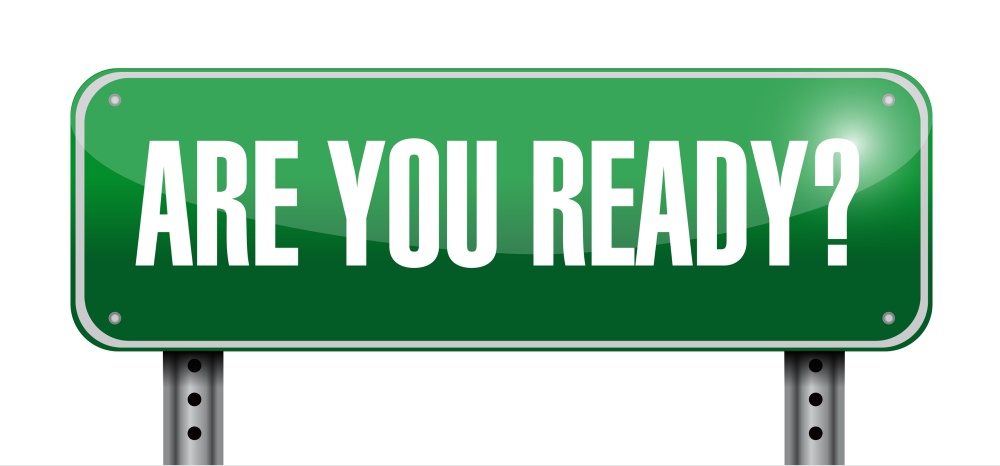One of the basic building blocks of sustainable finances is the emergency fund. Your emergency fund can provide you with a backstop in the event of financial difficulty. With an emergency fund to draw on, you can take care of small difficulties (like car repairs) or large setbacks (like job loss).
However, in order for your emergency fund to be effective, you need to build it up consistently. This means that you need to figure out how much to keep in your emergency fund.
Covering Your Expenses
In years past, experts have suggested that you build up your emergency fund to hold six months’ worth of expenses. Since the recent recession, the conventional wisdom now holds that you should have between nine months’ and a year’s worth of expenses saved up.
To figure out how much you should aim for, you need to first add up your expenses. Look through your spending. Where does your money go? It’s also a good idea to identify items you can drop from your monthly costs if you need to. While you still need to pay for housing, utilities, insurance, and groceries, chances are that you can drop cable TV, dining out, and travel from your expenses if you need to.
Distinguish between needs and wants and figure out what you would have to pay in order to stay afloat during an emergency. Use that number as the basis for figuring out your emergency fund size. If that number is $3,000, you would need $18,000 to cover six months’ worth of expenses.
You can also consider that you might have access to other resources. If you are laid off, unemployment benefits can help you cover your costs. If you run into financial hardship, the local food pantry or your church congregation might be able to help. Part of planning for an emergency as you build your fund is to look at other resources as well.
Building Your Emergency Fund
It can be difficult to get started building an emergency fund because the large number seems unattainable. However, it’s important that you start building up your emergency fund as soon as possible. No, you won’t reach your goal overnight. However, you might be able to build up enough in a few months that you don’t have to worry about busting your budget if your refrigerator dies and you need a new one.
Over time, you can build an emergency fund that meets your needs and helps you prepare for almost anything. Start small, and then build up. Focus on starting with getting one month’s worth of expenses socked away, and then go from there. As you acknowledge the small victories, you will be encouraged to keep going until you reach your goal.






















